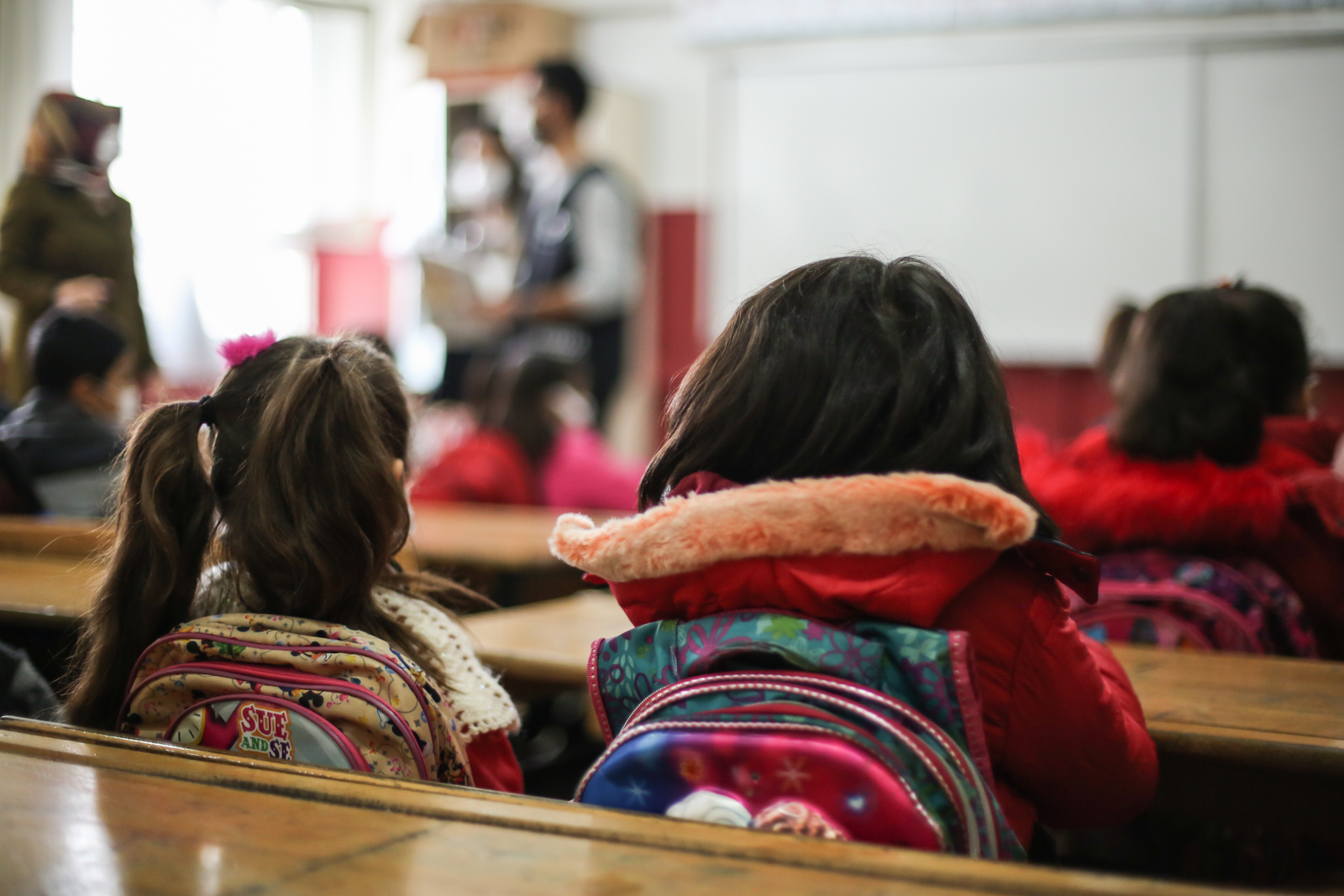
“Let us give a face and a voice to that girl who has been ignored – it is she who will change the world”
Barriers to education, Child marriage, Girls' education, Global Youth Ambassadors, Right to education
Our Global Youth Ambassadors tell how education and equal opportunities are vital if girls are to succeed in school and beyond.
On International Day of the Girl Child this year, we told you 13 reasons why girls around the world are still denied an education.
Our Global Youth Ambassadors are constantly advocating and working to ensure every child can get a quality education, especially girls. Here’s what they had to say.
Precious Kalungu of Zambia
“It goes beyond getting girls into school. It is also about ensuring that girls learn and feel safe while in school; complete all levels of education with skills to effectively compete in the labour market. Girls’ education is a strategic development priority.”
Precious was looking at the barrier of adolescent pregnancy.
She said: “Adolescent pregnancies pose a risk to the young mothers and their babies. In Zambia, 35% of young girls in rural areas have given birth by the age of 18.
“Teenage pregnancy and childbearing have considerable, long-term consequences for teenage parents and their children. Research shows that they are less likely to complete school.
“Children born to younger teen mothers may also experience poorer health outcomes, lower educational attainment and higher rates of adolescent childbearing themselves when compared to children born to older mothers.

“Such risks can be avoided, provided that they are sensitised on the consequences at hand.
“Partnering with other voluntary workers, we targeted one of Livingstone’s rural areas and a community school in particular. Our aim was simply to educate the girls about the risks of early childbearing.
“The educative mission comprised of about five people from different organisations, two coming from a UK-based organisation called Our Moon – an organisation that aims at educating extraordinary African youths so as to create tomorrow’s leaders. This work lasted for a week.
“The response to the educational sessions was thrilling and every pupil participated in the lessons held. Since an after-lesson test was given to them, so as to examine their understanding, the pass rate was above average, very good.
“Personally, it was an honour for me to take part in this life-changing event. Let us give a face and a voice to that girl child who has been ignored. When at last she is front and centre of our development efforts, it is she who will change the world.”
Afolabi Williams of Nigeria
“[Girls’ education] … must be inclusive and high-quality. Active efforts to end gender stereotypes must tackle those that limit schooling or channel women and girls into ‘acceptable areas of study or work.”
Afolabi, along with Beemiz and Young African Leaders’ Initiative network volunteers, organised a health education and civil leadership programme called “Talk To Young Girls” in southwest Nigeria.
He said: “We live in communities where culture, religion and parents don’t support sex education in public and private – it’s a taboo to do such.
“But it has contributed more problems than good. Rape, STDs, female genital mutilation and countless other voices have made life unbearable for the adolescent girl child.
“The discussion emphasised the dos and don’ts during and after menstrual flow, puberty reactions, sex education, civil leadership as well as other key topics that affects girls’ growth and development.
Sarah Mwikali Musau of Kenya
Sarah and Afolabi Williams were part of a Twitter panel session organised by Hope Alive Africa Initiative, along with five other young advocates from across Africa.
See some of their key messages below:
- The SDGs targets that by 2030 all girls and boys complete free, equitable and quality primary and secondary education.. #girlchildcounts
- Their needs, voices & perspectives – those of girls – must be central in high-level, global conversations & in SDGs #GirlChildCounts
- If you give them the opportunity they can change the world, it’s called “beauty with brain” #GirlChildCounts
- With or without the SDGs, to promote a culture of development in a society, you need everybody on board in decision making #girlchildcounts
Toyib Aremu from Nigeria
Toyib also addressed issues around menstruation, as well as self-esteem. As part of Project Forward Everyone, Toyib organised a workshop for adolescent girls from public secondary schools inviting experts to speak on the theme “Power of the Adolescent Girl: Vision for 2030.”
He said: “Professor Oyedunni Orulogun of the Department of Health Promotion and Education, College of Medicine, University of Ibadan, explained that girls are affected by such issues as education, nutrition, child marriage, legal and medical rights and misconceptions about menstruation – especially in the rural areas where girls are kept in the bush during their menstrual periods.
“She offered practical advice on how girls can have healthy periods such as changing napkins two to three times a day, drying undergarments under the sun, keeping clean and dry.
“She encouraged the girls to live a healthy and fulfilling life and advised parents to seek proper medical care for their daughters when needed.
“Also speaking at the programme was Women Leader and Sustainable Development Practitioner Mrs Olanike Oladapo. She urged the young girls to build a high self-esteem in order to achieve their life goals.
“She said that accepting and loving oneself, focusing on positive
attributes..[and] forgiving oneself for past mistakes are some of the ways to maintain a high self-esteem.”
More news

African youth rise up to demand early years spending target is met
